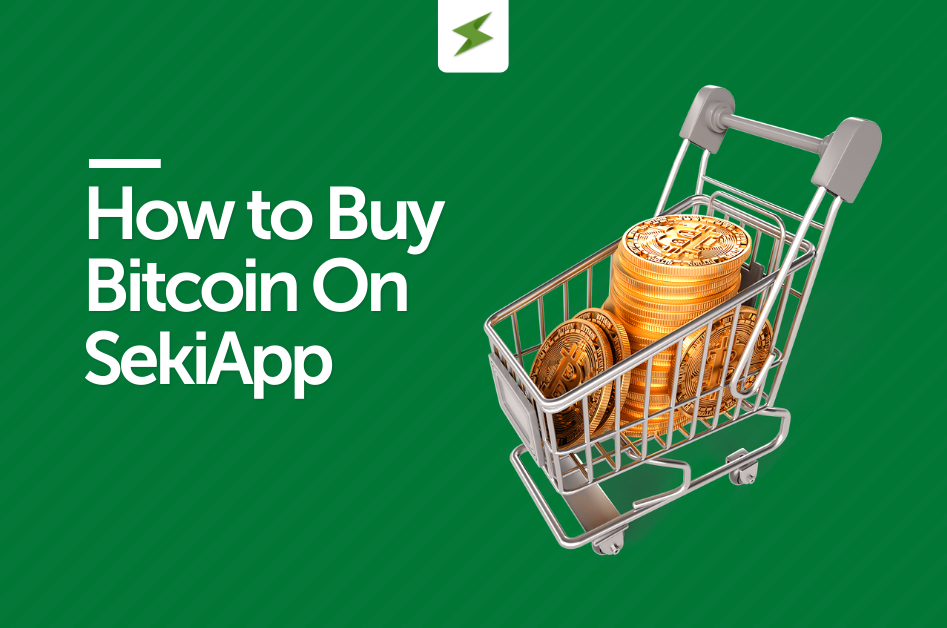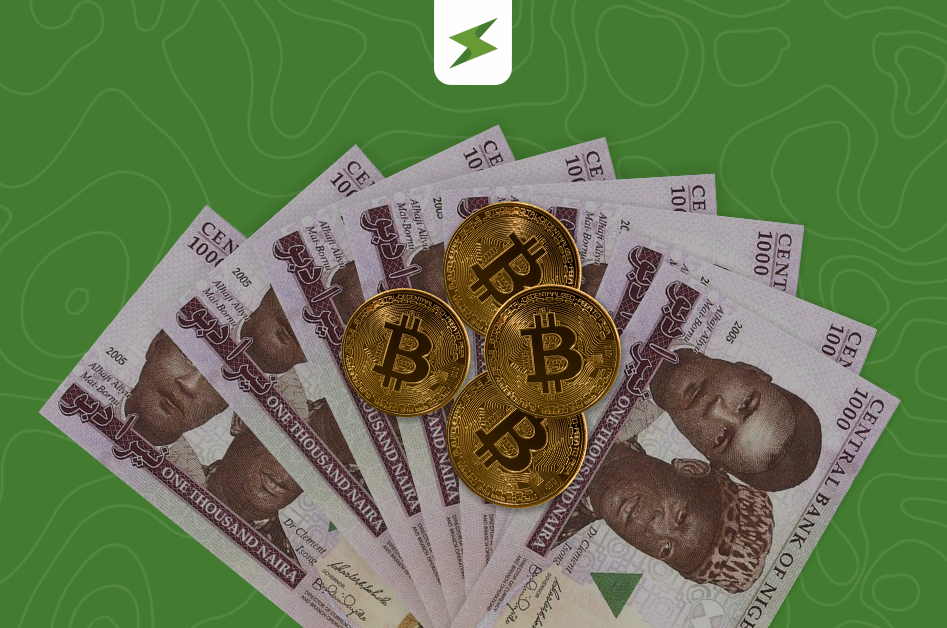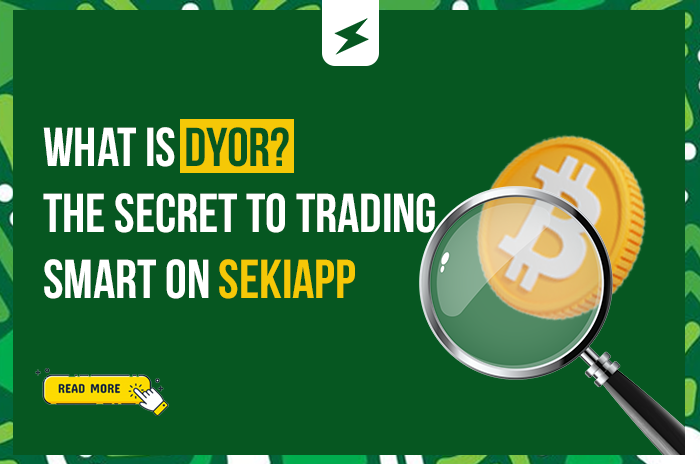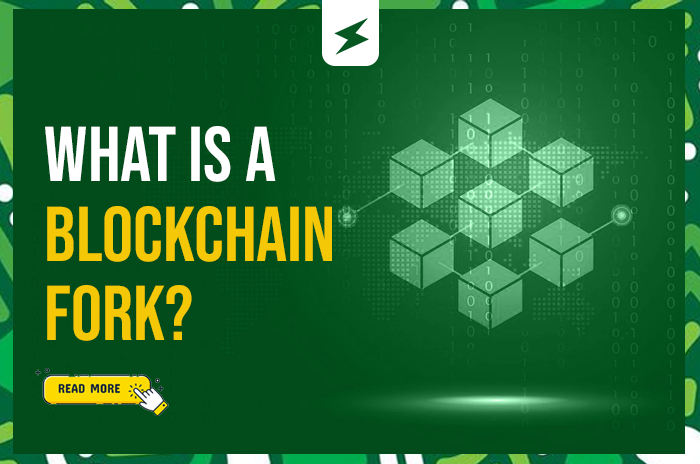
At the mention of crypto, what comes to your mind? another hard field just like rocket science or a regular topic that’s as simple as ABC. This blog post is here to meet up with you at any level you’re on this journey and level up your Cryptocurrency knowledge for you to speak like the PRO that you are.
What is Cryptocurrency?
Cryptocurrency is a digital currency in which transactions are verified and records maintained by a decentralized system using cryptography, rather than by a centralized authority.
The distinguishing feature of cryptocurrencies is that they are generally not issued by any central authority, rendering them theoretically immune to government interference or regulation.
One of the most commonly known cryptocurrencies, Bitcoin(BTC) is considered an original cryptocurrency. It was created in 2009 as open-source software by a code name known as Satoshi Nakamoto. The satoshi is the smallest unit of the Bitcoin cryptocurrency.
To start making use of cryptocurrencies, you need to have a wallet.
Wallet System
Crypto wallets allow users to send, receive, and store their digital assets/currencies. Think of them as your regular purse in that you put your fiat currencies. If you don’t use one, consider them to be your shirt/trouser’s pocket. These wallets come in different forms and that leads us to get to know about the types of crypto wallets.
Types of Crypto Wallets
- Paper Wallet: It is a type of offline wallet. A paper wallet is a piece of paper with your private and public keys printed out. Some paper wallets might also have a scannable barcode created by an app. It is a way to store and take access to your cryptocurrency offline. When you print your keys, they are removed from the cryptocurrency network, but the tokens remain; however, they are inaccessible without your keys.
Paper wallets were generally used before cryptocurrency became popular. Storage technology has improved since the method was popular, but it remains a valid way to store your keys in certain circumstances. - Hardware Wallet: Hardware wallets, a type of crypto wallet, are digital cryptocurrency storage on a platform not connected to the internet, which protects them from hackers. They are also regarded as cold wallets or offline wallets.
An example of a hardware wallet is Trezor.
- Software Wallet: Software wallets are online wallets that are connected to the internet. They are mainly the exchange platforms you use in exchanging your cryptocurrencies. By choosing a crypto exchange or platform to conduct transactions on the crypto market, you are basically signing up for a cryptocurrency wallet of that platform.
There are two types of software crypto wallets/exchanges: decentralized and centralized
Volatility
A major discussion that cannot be sidelined when dealing with cryptocurrency is VOLATILITY. It is defined ordinarily as the quality or state of being likely to change suddenly
In the crypto space, It simply translates to the dwindling nature of the market capitalization and price of cryptocurrencies. Cryptocurrency is known for its sudden change in price and that is one of the things that makes it unpredictable.
This volatility in the crypto space is however determined by so many factors.
Factors that determine the Volatility of Cryptocurrency
- News: This can simply be tagged as media hype. When there’s “noise” all over the media about a particular coin booming or losing its relevance, it would increase the demand and this in turn makes it more volatile as people tend to get emotionally pulled towards it.
- Adoption and Abortion: The acceptance and rejection (adoption and abortion) of cryptocurrency in many countries determines if the price goes up or comes down. A country like Barbados that accepts cryptocurrency with an open hand contributes to the uptrend of crypto price; while a country that bans the use of cryptocurrency contributes to the downward trend of crypto price. The more the adoption, the higher the price and vice versa.
- Influence: Some individuals have an influence on how the crypto market works; sometimes due to their power, money and status — for example, Elon Musk. Their opinion on a particular cryptocurrency might create a FOMO(fear of missing out) which increases the demand for the coin. Shiba Inu is a great example here.
Crypto Transaction
After getting to know about what cryptocurrency, wallet system and volatility are, you need to understand how the transaction occurs. Crypto transaction occurs in different forms which include mining, on-chain and others that you will get to see next.
Types of Crypto Transaction
- On-chain: On-chain transactions are transactions that occur on a blockchain, which are reflected on the distribution as well as the public ledger. The on-chain transactions are those that have already been validated as well as authenticated by the miners or authenticators.
For an on-chain transaction to be complete, there has to be an agreed number of confirmations by the miners, where the time it takes for an on-chain transaction to complete depends on the network congestion and the confirmation fee (gas fee) attached. - Off-chain: Off-chain transactions refer to those transactions occurring on a cryptocurrency network that move the value outside of the blockchain. Due to their zero/low cost, off-chain transactions are gaining popularity, especially among large participants. It’s the major buying and selling activity in the crypto market.
An example of this is a transaction that occurs between one SekiApp user and another SekiApp user. - Confirmation (Mining, Staking, Auditing): Cryptocurrency confirmation is a process of creating new digital “coins.” The process of recovering these coins requires solving complex puzzles, validating cryptocurrency transactions on a blockchain network and adding them to a distributed ledger to locate them.
This process has to do with Proof-of-work, proof-of-stake and proof-of-reserves systems. It is majorly done in a mining farm. Antminers are regarded as the world’s most potent mining equipment.
Conclusion
The field of cryptocurrency is one that everyone should explore for a variety of reasons. Given that money has clearly followed a digital path in its history up to this point, the least you can do is arm yourself with a fundamental understanding of how cryptocurrency operates and how it affects you.
We truly hope that this article has helped you comprehend cryptocurrency more clearly.











2 Comments
[…] If you see a gun, you’ll obviously know that’s a threat right there and you will run; but how do you identify a poison that looks like your regular table salt or any consumable item in your house? Most people obviously can’t identify and that’s why it harms them slowly from within. The same happens in the case of address poisoning in cryptocurrency. […]
[…] to Cryptocurrency and don’t want to get overwhelmed with figuring out how it works, check out our Crypto 101 guide to get […]
Comments are closed.